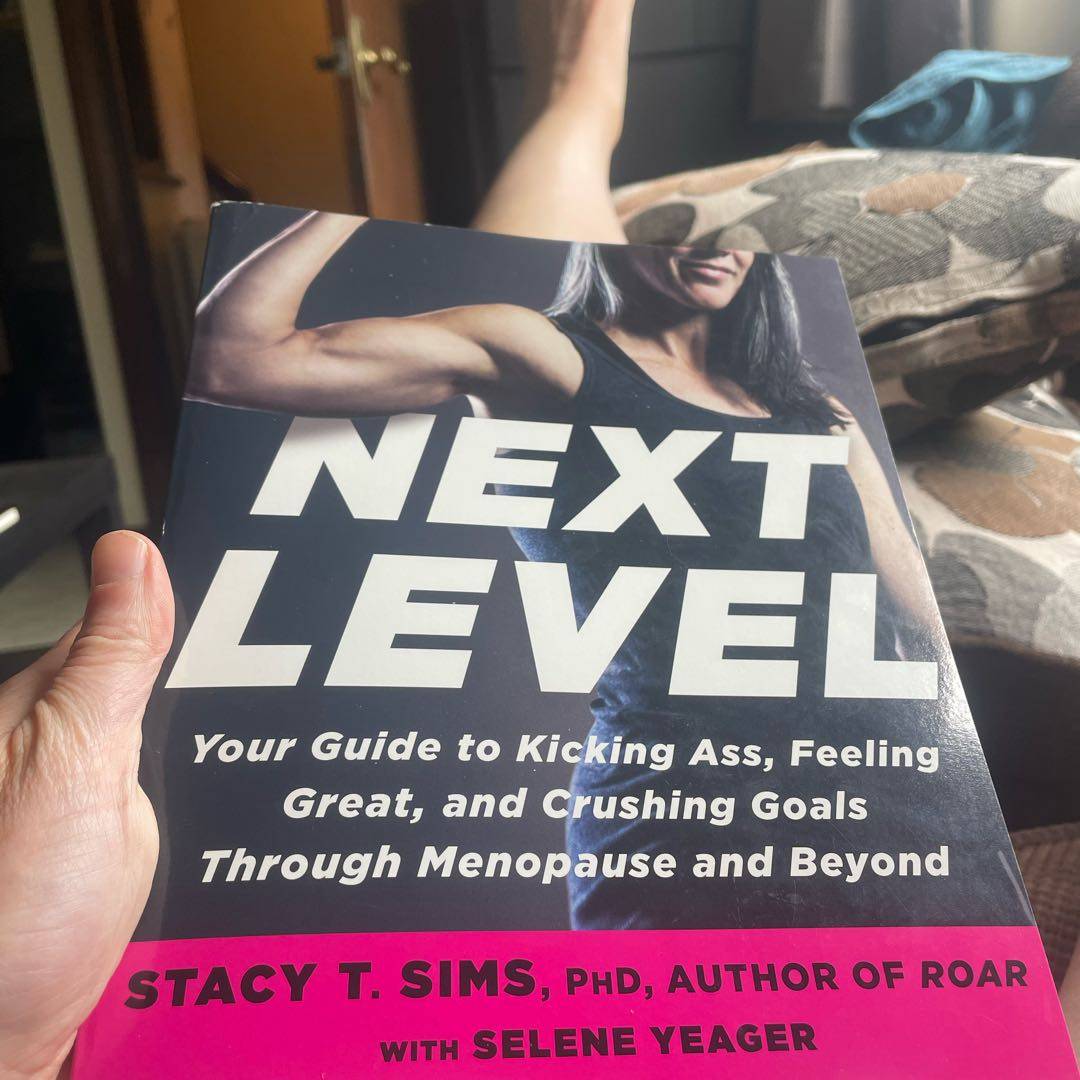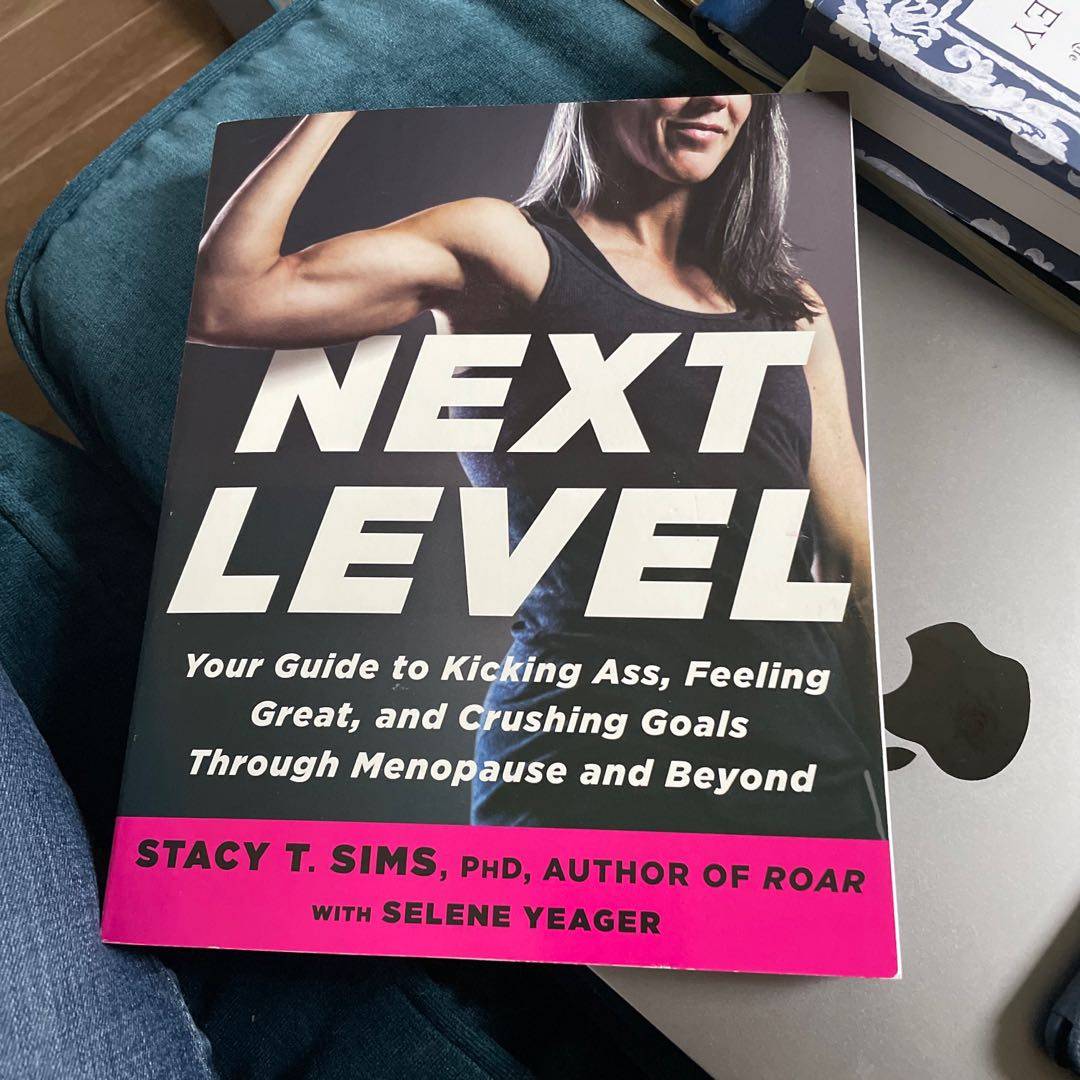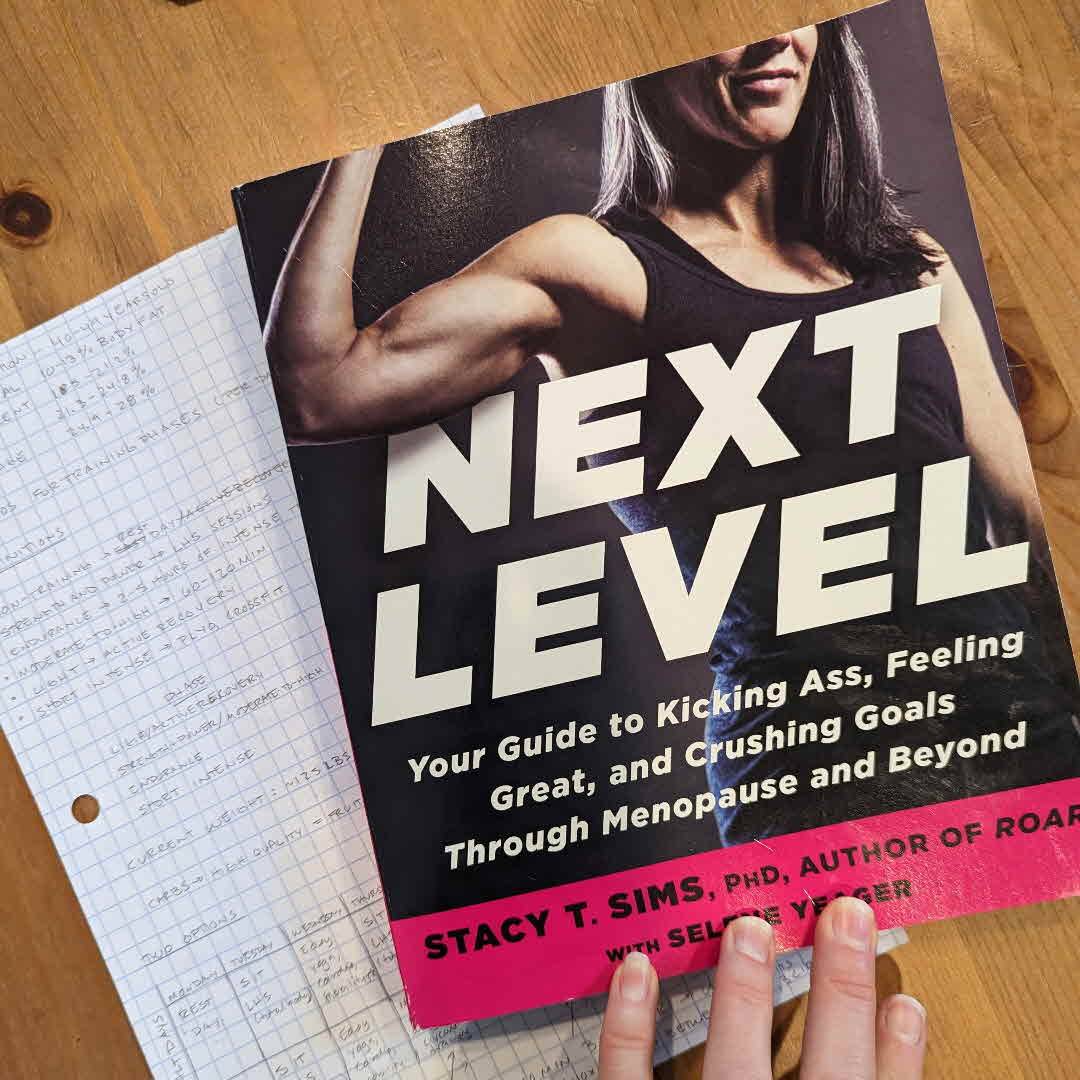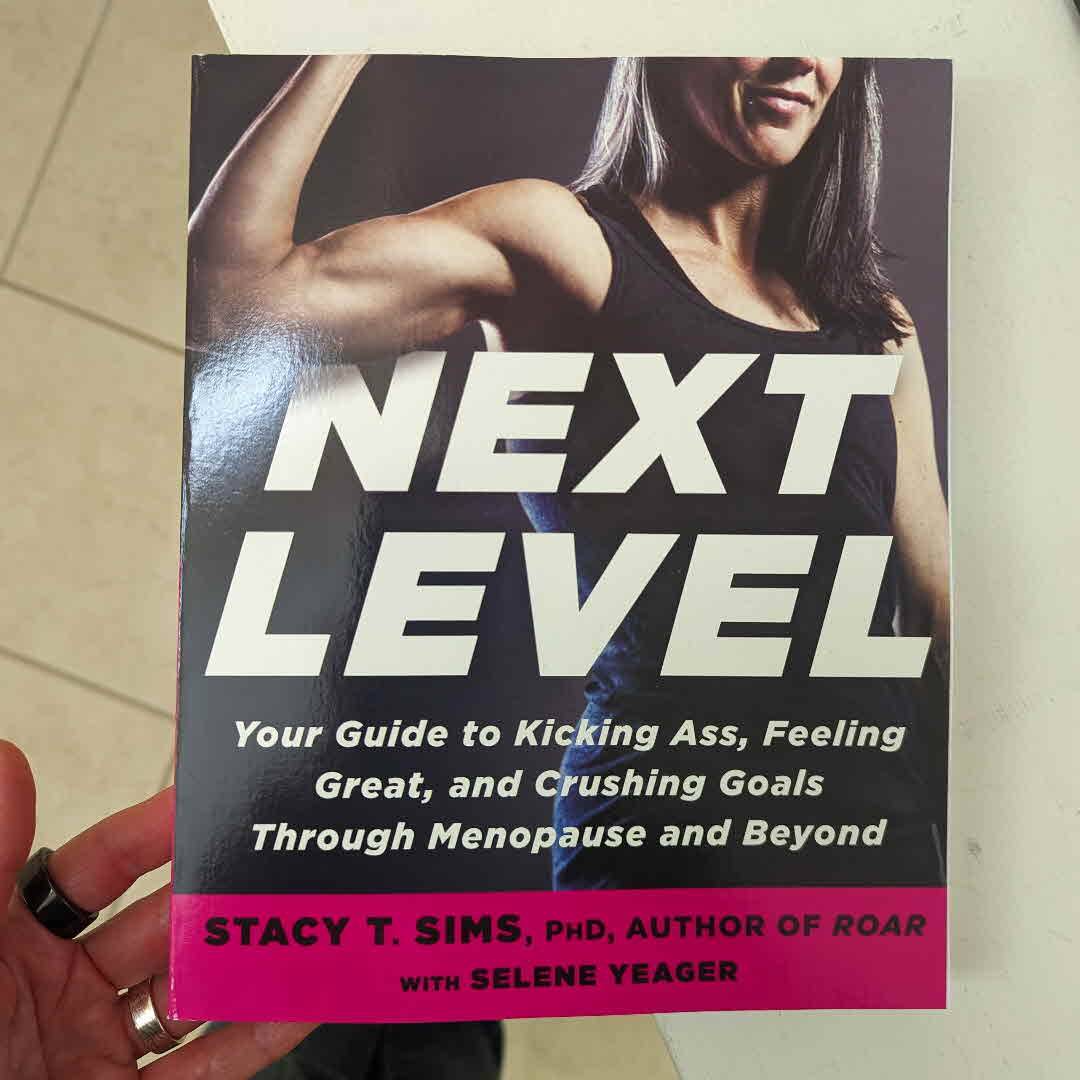This one is pretty good, especially if you‘re on the active side. I‘d call it essential if you‘re starting to build a little menopause section in your personal collection. Ha !
This one is pretty good, especially if you‘re on the active side. I‘d call it essential if you‘re starting to build a little menopause section in your personal collection. Ha !
“Once you‘re in your late forties, talk to your doctor about transitioning off the pill, which increases your risk of blood clots as you age. Your doctor may advise using an IUD or progestin-only pill through these early transition years or could suggest adjusting your medication to menopausal hormone therapy instead.”
“It‘s not a small effect. Researchers studying women with chronic pain disorder fibromyalgia found that fluctuations in progesterone levels altered their pain levels by as much as 25 percent. That study also found that low progesterone combined with high levels of the stress hormone cortisol (which is commonly high in women during their menopausal years) produced the highest pain levels. “
“Estrogen also helps control cortisol, which is commonly known as the stress hormone. We don‘t have to tell you how you feel when estrogen starts to dwindle and cortisol levels rise: like you‘re perpetually being chased by some unseen demon even when you‘re just trying to relax and watch some Netflix.”

Super interesting…. I‘m not quite at perimenopause yet but this has a lot of great information and in conjunction with ROAR has really helped inform my training regime 💪

I feel like I‘m on a never ending quest to figure out what in the world is happening to my body - and there‘s not a lot of science-backed info out there. Curious to see what this book has to say.

Overall, this is a great book for those who are already pretty active. I like the authors' focus on eating enough food and building muscle to help smooth out the hormonal roller coaster. It's a bit challenging to put everything together (hence the graph paper), particularly figuring out where to schedule plyo in relation to heavy lifting, but it seems research-based (a lot like what the Bro Dudes say but specific to women of a certain age).

Tell us that you're middle-aged without saying that you're middle-aged...